Sri Lanka & the Columbo Declaration
Off the coast of India sits a small country that’s currently serving as the testing ground for the Columbo Declaration, a UN global campaign on Sustainable Nitrogen Management. In fact, that small country, Sri Lanka, is leading the world effort, with aims to reduce their nitrogen waste by half by 2030.
Much like other topics I write about, this all looks good on the outside. The stated goals of the Columbo Declaration and the scientifically proven need to address climate change are important. The problem is not the goal, but rather the proposed solution.
By sheer virtue of being the leading country implementing these initiatives, Sri Lanka is serving as the testing ground for what farming could look like for the rest of us should we adopt these Sustainable Nitrogen Management practices in our own country. Sri Lanka is a window into a future of collapsed farm economies and food insecurity for all but the wealthiest of citizens in each country where these practices are put into place.
The UNEP is quick to point out that the misuse of nitrogen as a “quick fix” for soil fertility issues is a huge contributor to climate change. There is certainly data to back up the theory that nitrous oxide does contribute to climate change.
Here’s the UNEP Executive Director addressing the COP26.
What they’re not telling you is that a single coal mine in Russia is releasing the equivalent of the methane produced by about 5 million cows, and I don’t see anyone leading the charge on addressing that issue.
Nitrogen reduction makes some sense, but when we look at the most significant factors contributing to climate change, these initiatives are seriously missing the mark. This is especially concerning as we already face record levels of inflation, ever increasing prices at the grocery store, and supply chain issues.
Other countries, such as the Netherlands, Ireland, and Wales are working to implement similar nitrogen reduction goals. In fact, Wales is spending big money buying farmland and converting the land back to forests for the carbon credits available to them. All while this is happening, farm advocacy organizations are touting their success of keeping farmers from being cut off at both knees. In truth, they’ve compromised by only cutting you off at one knee, leaving farmers still working with fewer and fewer resources, and doing their best to fight to continue to feed the world without going completely under financially.
These may seem like small countries with little impact, but the end results could be disastrous. Farmers in the Netherlands are standing their ground, trying to make it clear that there has to be a better solution. We need to be prepared to stand our ground, too.
